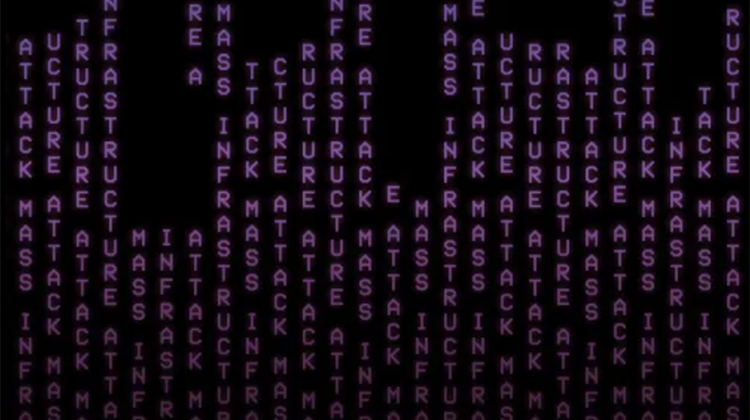Event Impresses That Cyber Security Needs all Sorts of People

More than 10,000 students from around the country raced to liberate a naval vessel and captain from a simulated cyber attack to bring home the critical nature of cyber security in Grok Academy’s Cyber Live event.
Cyber Live was designed to excite students about the dynamism and multifaceted nature of cyber security and impress the range of personality types and skills that the field requires
Cyber Live was the culmination of the Schools Cyber Security Challenges (now called Cyber STEPs) which is a $3.8 million national project. Students representing more than 200 schools from each state and territory in Australia had the chance to grapple with a host of simulated threats ranging from social engineering, to hiding data in images, cracking computer codes, tricking applications, stealing data and listening to communications.
The project launched in February 2019 and Phase One reached over 170,000 students, 46 per cent of whom were female. A recent survey conducted by Grok Academy found that 77 per cent of students believe that the Cyber STEPS challenges gave them an understanding of personal cyber security risks.
The project also sparked interest in cyber security as a profession, with 22 per cent of students surveyed saying that they would consider a career specifically in this field. Over 80 per cent of teachers involved believe that the Cyber STEPS challenges gave their students insight into the role cyber security plays in industry, while over 90 per cent found the resources helpful in delivering the Digital Technologies curriculum.
In 2022 Phase Two of the Cyber STEPs initiative will further enhance the cyber security capabilities of young Australians entering the workforce, through appealing and true-to-life activities for primary, secondary, and now tertiary students.
The project aims to create a cyber-enabled student body and encourage participants to pursue a career in cyber security, which commands salaries 20 per cent higher than other technology fields. This year Cyber STEPs will bridge the gap between basic and advanced cyber security skills, as seen in the Cyber Live MIA challenge.
Australian Cyber Security Centre’s Cyber Threat Report 2020-21 found that 25 per cent of cyber incidents reported to the ACSC were associated with Australia’s critical infrastructure or essential services, including health care, food distribution and energy sectors. This highlighted the vulnerability of infrastructure to major disruption of essential services, as well as lost revenue and the potential of harm or loss of life.
The Cyber STEPs team brings curriculum and teaching expertise to the project. To address the complex needs of multiple sectors, the new Cyber Challenges will be aligned with curriculum outcomes at both the school and tertiary levels.
Cyber security workers now and in the future will be analysing scams and phishing attacks, make digital forensics and cyber investigations, conduct Unix tools and system administration, and work on network configuration and hardening. Version 9 of the Australian Curriculum, and the Cyber STEPs activities directly cover this new content.
The Cyber STEPs project also addresses the need for schools, government, and Australia’s business sectors to meet the immediate skills shortage. Last year, AWS released findings from a report, Unlocking APAC’s Digital Potential: Changing Digital Skill Needs and Policy Approaches, which estimated that the number of workers in Australia requiring digital skills will need to increase by 79 per cent from today’s levels. This translates to an additional 6.5 million newly skilled and reskilled digital workers, on top of the existing workforce, required by 2025.
The report, prepared by strategy and economics consulting firm AlphaBeta, and commissioned by AWS, predicts large-scale data modelling, software operations support, web/game/software development, cloud architecture design, and cybersecurity skills to be the top five, in-demand digital skills in Australia by 2025.
A Cybersecurity Workforce Study by (ISC) in 2021 found that the number of cybersecurity professionals currently needed in Australia is 25,000.
Dr James Curran, CEO of Grok Academy, and one of the authors of the ‘Australian Curriculum: Digital Technologies’, said, “Cyber STEPs will grow the skills pipeline through high-impact national cyber competitions, cyber hunts, and authentic technical Challenges. Cyber STEPs will enable a wider audience to step from cyber novice to professional by developing their technical skills and confidence.
“Building on the considerable success of Phase One of the project, Cyber STEPs will provide Australian schools and tertiary students with an awareness of career opportunities in cyber security, and the chance to develop fundamental skills that prepare them for success in technical cyber security roles across multiple industries. It will also provide support, resources, and engaging classroom activities to educators with limited technical knowledge, so they feel confident in the quality of the learning experiences for their students.”